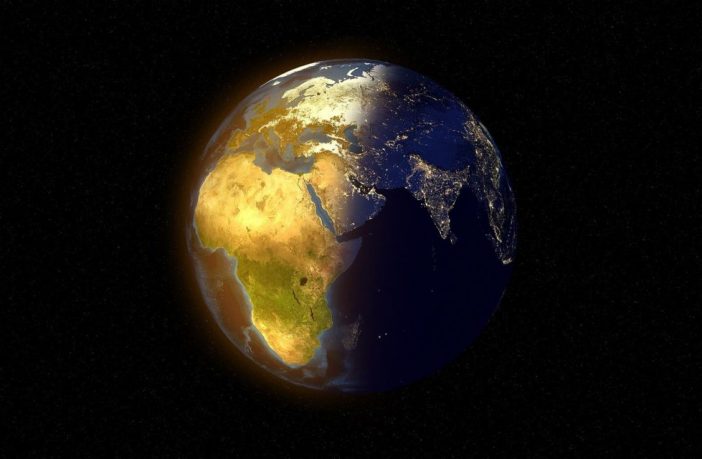- A Carbon Tracker report estimates 60% of the world’s technical solar potential – enough to produce 3.5 exawatt-hours of clean electricity per year – would already be cheaper than fossil fuel if installed.
- Of the remainder, most would be in sub-Saharan Africa, a region which has the potential to be a global solar and wind powerhouse.
It is tempting to wonder whether Lefoko Moagi has read the latest report from London-based non-profit Carbon Tracker, which spells out the nature of the renewable energy revolution unfolding before us.
The sky’s the limit report spells out just how inevitable the rise of clean energy – and consequent death of fossil fuels – will be, and progresses from reporting the global technical potential of solar and wind power, based on the abundance of each natural resource; and the economic potential, ranked by price versus fossil fuels; to assess the ‘political potential’ as a final hurdle to overcome.
“The implication is that the energy minister of every country in the world can now sit down with a blank sheet of paper and figure out what is the best suite of options for the energy supply for their country,” states the study. One of the most striking statistics reported concerns the technical potential of solar and wind in each nation as a multiple of total energy demand.
‘The poor and the many’
With Carbon Tracker estimating 60% of the world’s technical solar potential is already economically viable – rising to 90% by 2025 and all of it this decade – and with poorer nations having lower energy demand, the report notes: “The adoption of renewables is a profoundly just process because it will benefit the poor and the many.”
That’s where Moagi, minister for mineral resources, green technology and energy security in Gaborone comes in. Whilst Carbon Tracker estimates nations such as Germany have less than 10 times their energy demand represented by their technical PV potential, the report estimates Botswana has 5,000 times more renewable energy (RE) resource than it needs to power its population.
Using technical-potential figures based on data from Slovakian solar mapping company Solargis, the report groups the world’s nations, by RE-potential-to-power-demand ratio, into four clusters. The majority of the world’s ‘super abundant’ solar and wind power nations – those with more than 1,000 times more clean power potential than energy demand – lie in Africa. The kicker is that, most of the 40% or so of the world’s technical solar potential which is still not economically viable – because of restrictive policy, cheap fossil resources and/or a challenging business environment – lies in sub-Saharan Africa.
Related news: Botswana and Namibia plan 5GW Solar Complex
A second group of countries with ‘abundant’ solar and wind technical potential – boasting 100-1,000 times more clean power potential than energy demand – includes Morocco, Uruguay, Chile and Australia, and ‘replete’ nations, with 10-100 times more potential than demand, include major powers China, the U.S. and India, and well as the U.K.
On the subject of the small number of ‘stretched’ nations – which have up to ten times more clean power potential than energy demand – the report remains positive and points out the progress Germany has made even with ‘only’ around 2.2 times more renewables technical potential than energy demand. As Carbon Tracker says: “If the Germans can find solutions, then so can everyone.”
With political will the only remaining barrier to the energy transition, according to the report, it is over to Mr Moagi and his peers.
Author: Carbon Tracker
This article was originally published in pv magazine and is republished with permission.
Disclaimer: The articles expressed in this publication are those of the authors. They do not purport to reflect the opinions or views of Green Building Africa or pv magazine, our staff or our advertisers. The designations employed in this publication and the presentation of material therein do not imply the expression of any opinion whatsoever on the part Green Building Africa concerning the legal status of any country, area or territory or of its authorities.















